India and Culinary Diplomacy – How Food plays a role in Politics!!
India and it’s culinary has extensively evolved over the period of time. Spices play a crucial role in making the same dish different every time. Crossing state borders we get a variety that is unique and have a specialty of the particular state. From the north ‘parathas’ to south ‘idlis’ have their own personal taste.
Well, ever wondered how food can play a significant role in world politics?
The essence that Indian food has is very well known and appreciated by the world. Food also has a part in making any country get the power in their hands. The deals that take place to increase developing International relation with any country starts or ends with dinner/lunch which obviously includes food. In the modern world, food is considered as the ‘soft power’.
The 17th-century writer Francois de Callieres mentions in his book ‘The art of diplomacy’ about how natural eating and sharing your food with someone can lead to a successful partnership which can be helpful in disclosing many secrets and making new bonds which will have beneficial effects.
Culinary diplomacy also is known as gastro-diplomacy, this form of diplomacy is surely something which is not hurtful for others. Sharing food is like sharing a piece of us to the other part. Culinary diplomacy has been used for a long period of time, Romans used to offer their food to their enemies to maintain peace, that is certainly a smart move. Cooking food is more beneficial than creating weapons. Through food, we don’t just share the food but also our culture with the world. Understanding other cultures give us a wider perspective.
History of Culinary Diplomacy in India
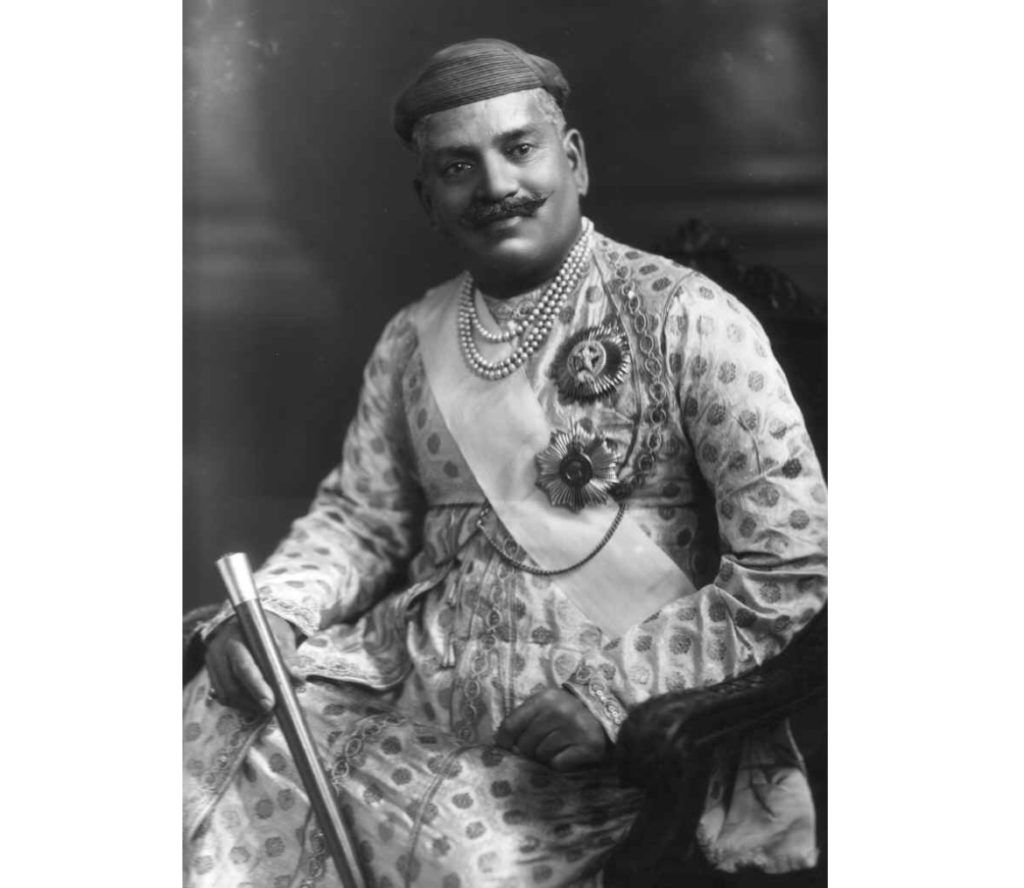
The Maharaja Sayaji Roa Gaekwad, the king of Baroda in 1897 starts with such diplomacy to end the conflict with the king of Gwalior Maharaja Scindia. The menu consisted of multiple cuisines, covering the authentic pudding and vegetables like cauliflower the Maharaja Gaekwad made it sure that his opponent would surely be fascinated.
Not only the recipes were mouth-watering but also the cutlery had its importance making the culinary diplomacy a powerful soft tool to end wars and elucidating faith towards each other. This way had led the Maharajas to develop an alliance of respect and trust. In such times where war was the only solution to develop peace, Maharaja of Baroda brought light to such form of diplomacy by giving it a major priority.
Cyprus recognised as the ‘The Jewel of Mediterranean’. In 1960, the humans of Cyprus made themselves free from the rule of the UK. It was the time when our former Prime Minister Mrs.Indira Gandhi realized the power Indians had in culinary skills. She was very well known for micromanaging banquet, so to improve and boost the relation between India and Cyprus she was the one use Culinary diplomacy as a tool. She was acutely aware of how food can be used to strengthen India.
Modi- Utilization of Soft Power Diplomacy
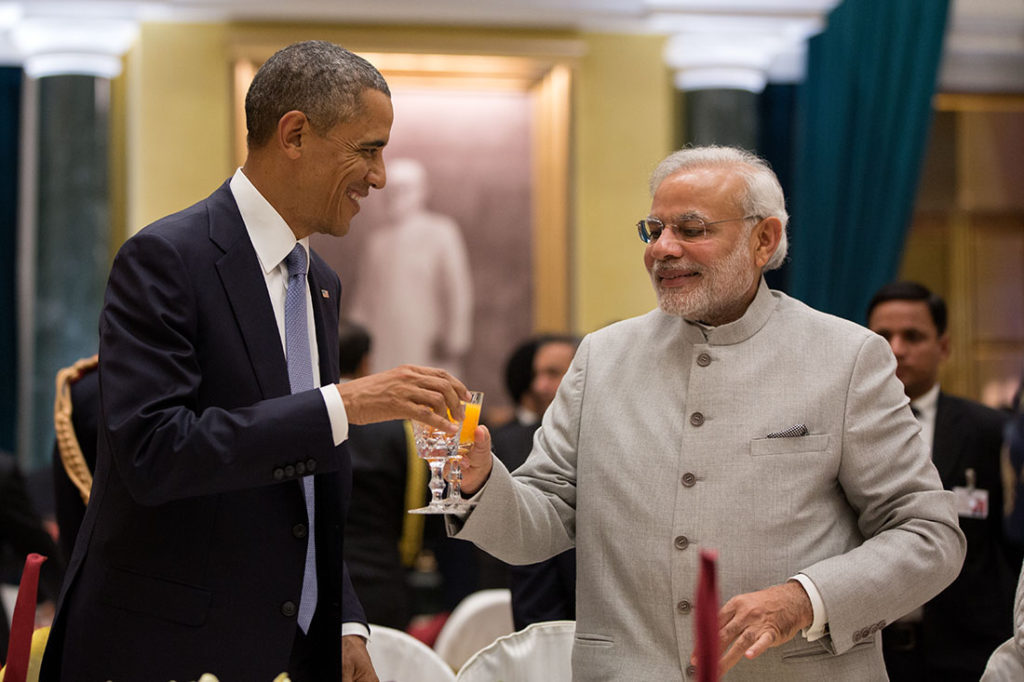
Since when Mr.Modi has become a Prime Minister in 2014 he was familiar with such form of diplomacy and had plans to implement them in India. The time when he invited former US President Mr.Obama to India back in 2017, the question that came up was: what will be the banquet have? Will the menu comprise of vegetables or even non-veg? Well, the cuisine constituted of many varieties including both Veg and non-veg but with an Indian taste to it. One might think why food is also included in the list of priorities when such meetings are held between two leaders. When we normally invite our close ones to dinner or maybe a simple breakfast the only answer that raises our blood pressure is what we will be serving them.
So as currency plays it’s a role in deploying one country among others similarly does the food. Power is always the thing that has gained importance, so culinary diplomacy is just one of the factor that helps to achieve it. Presenting a country through its food should be the first choice. India has great diversity, which can be used as an opportunity to increase the usage of soft power and show the world it’s true potential.
Also Read: Underrated Indian Comfort Food

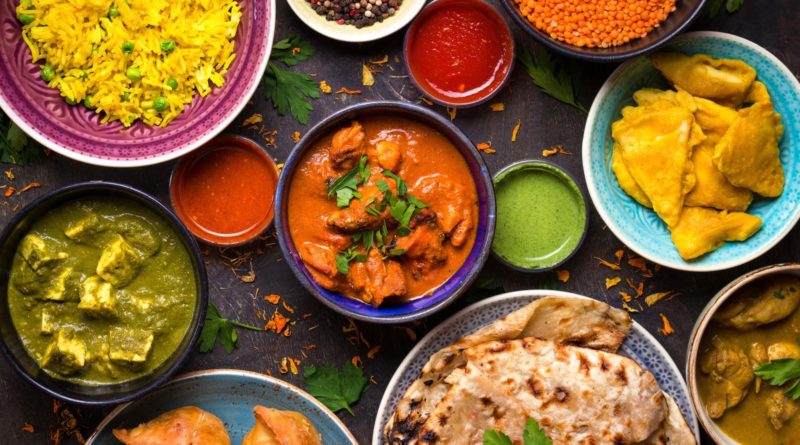

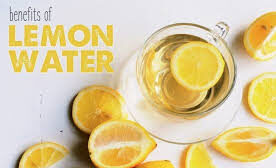
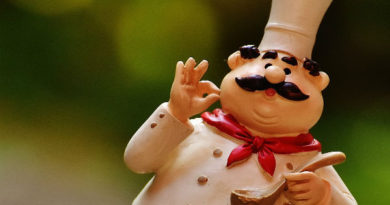
Nicely elaborated the topic👍
Thank you!!♥️
Got to know something new today, great work! ☺️
Thank you!!♥️
Very creative….never knew that food plays an important part in world diplomacy….👍
Thank you!!😊🙌
Really an informative article !!!❤️👏
Thank you Nargis!!♥️
Very nice and uniquel blog😀
Thank you!!😊
Hey Bhakti!
You have written a magnificent article. It is so meaningful and informative 🌟
Keep writing ♥️
Thanks Nikita❣😊
Informative Article… Keep it up. ✍️✌️👍😇
Thank you!!❣😊
Very creative & unique article Bhakti, keep it up
Thank you so much!!♥️
Very informative 👏
Thank you!!😊
This is so well written. 👏🏻
Thank you!!😌❣
Nice & Informative article
Very nice & Informative Article Bhakti
Very nice & Informative Article
Very nice & Informative Article Bhakti
Thank you mami♥️